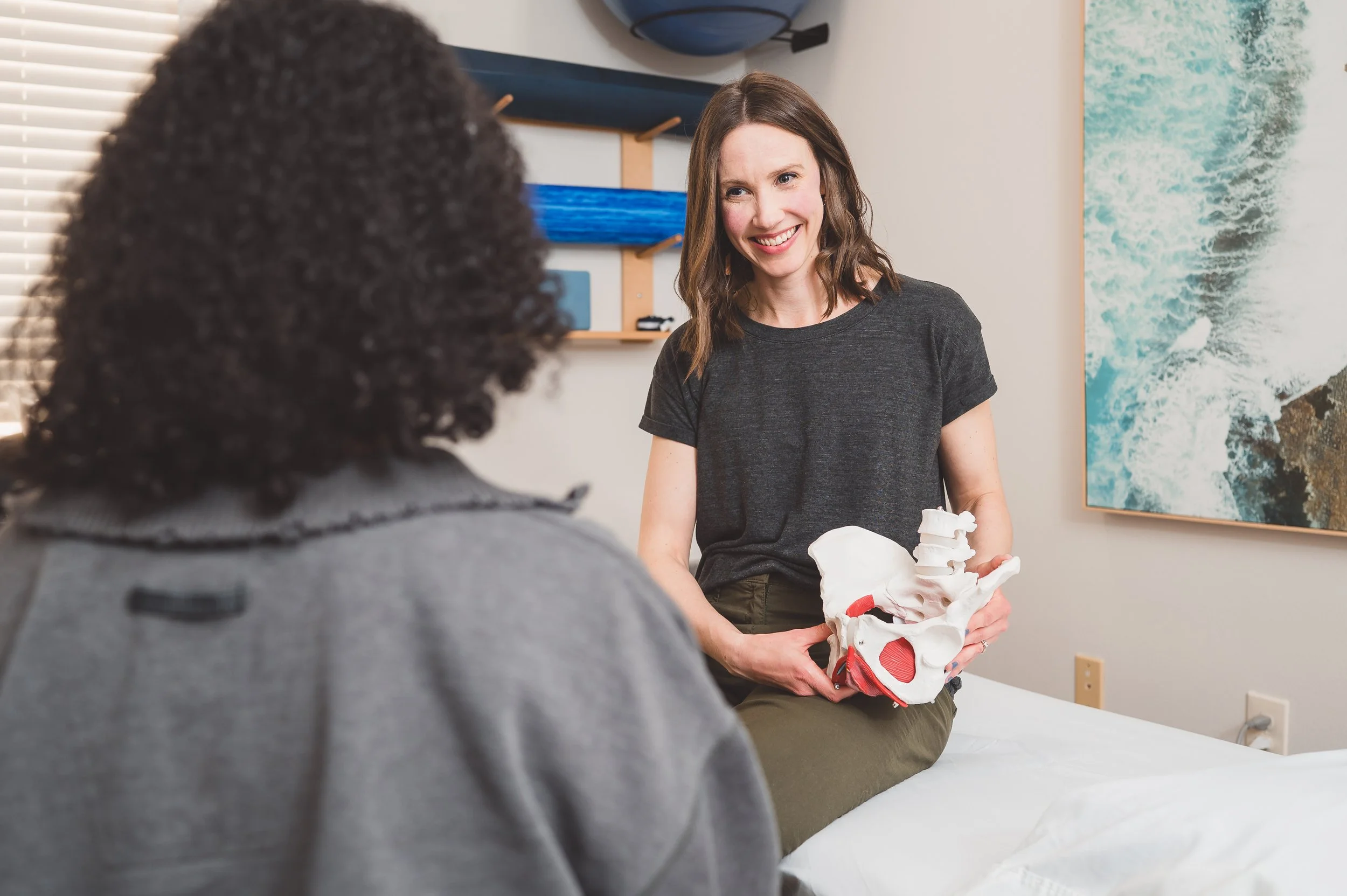
Pelvic Health for Older Adults (Clinician Workshop)
Join us for the chance to learn more about the powerful role of pelvic heath in the lives of older adults. We will lead participants in discussions around pelvic health norms, common conditions, and ways you can impact your patients’ lives through simple but powerful tools.
This seminar is intended for PTs, PTAs, OTs, or OTAs who work with older adults in settings such as skilled nursing facilities, assisted living facilities, home health, outpatient clinics, or acute care (all are welcome!)
We will cover topics including:
Urinary leakage, urinary frequency, urinary urgency, and increased nighttime urination
Bowel health including constipation, incontinence, and difficulty emptying
Chronic or recurrent UTIs
And more!
A large number of older adults have pelvic floor dysfunction, and that number drastically increases in long term care facilities, even being a top contributor for admittance to such a facility. Let’s stop just normalizing these things for our patients and give them some tangible strategies to improve their quality of life (and ease for their caregivers too!)
Join us for the chance to learn more about the powerful role of pelvic heath in the lives of older adults. We will lead participants in discussions around pelvic health norms, common conditions, and ways you can impact your patients’ lives through simple but powerful tools.
This seminar is intended for PTs, PTAs, OTs, or OTAs who work with older adults in settings such as skilled nursing facilities, assisted living facilities, home health, outpatient clinics, or acute care (all are welcome!)
We will cover topics including:
Urinary leakage, urinary frequency, urinary urgency, and increased nighttime urination
Bowel health including constipation, incontinence, and difficulty emptying
Chronic or recurrent UTIs
And more!
A large number of older adults have pelvic floor dysfunction, and that number drastically increases in long term care facilities, even being a top contributor for admittance to such a facility. Let’s stop just normalizing these things for our patients and give them some tangible strategies to improve their quality of life (and ease for their caregivers too!)
